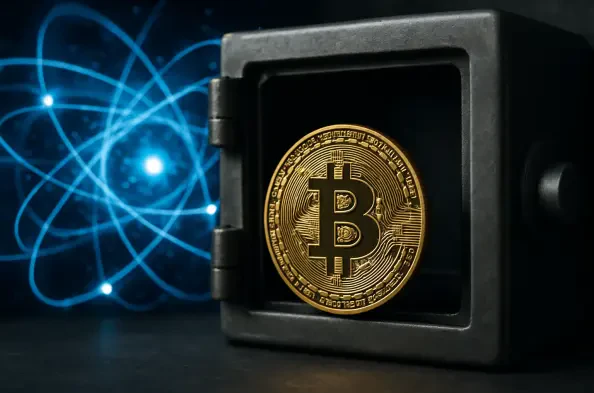In a world where technology evolves at an unprecedented pace, the intersection of cryptocurrency and quantum computing has emerged as a critical concern for digital asset security, with El Salvador taking bold steps to safeguard its national Bitcoin holdings against these emerging risks. This Central American nation, recognized for its trailblazing decision to adopt Bitcoin as legal tender, has recently made headlines by restructuring its National Strategic Bitcoin Reserve to counter potential threats posed by quantum computing advancements. This proactive approach addresses a danger that many in the cryptocurrency space have yet to fully grapple with: the risk of quantum algorithms breaking the cryptographic foundations of blockchain technology. By redistributing its Bitcoin reserves, El Salvador not only protects its own financial assets but also sets a compelling example for the global crypto community. This development sparks curiosity about how such forward-thinking measures can reshape the landscape of digital currency security in the face of emerging technological challenges.
Pioneering a Decentralized Defense Strategy
El Salvador’s innovative response to quantum computing risks involves a strategic redistribution of its Bitcoin reserve from a single, transparent address to multiple, unused addresses, each containing no more than 500 BTC. This move significantly reduces the vulnerability associated with having a single point of failure, a concern that became apparent when the nation’s holdings were previously stored in one publicly trackable address for transparency purposes. By fragmenting its reserves, the country minimizes the impact of any potential breach, ensuring that even if one address is compromised, the majority of its assets remain secure. This approach reflects a nuanced balance between maintaining public accountability and enhancing security against sophisticated threats. Furthermore, it addresses the specific danger of quantum attacks during transactions, where public keys are temporarily exposed on the blockchain, creating a brief window for attackers to exploit. El Salvador’s technical foresight in this regard marks a significant shift in how national cryptocurrency reserves can be managed to mitigate future risks.
Addressing the Quantum Computing Horizon
The broader context of El Salvador’s actions lies in the growing recognition of quantum computing as a credible threat to digital security systems, including cryptocurrencies like Bitcoin. Quantum computers, leveraging algorithms such as Shor’s algorithm, possess the theoretical capability to decrypt the public-private key cryptography that underpins blockchain transactions, potentially within the next decade or so. While current quantum technology remains far from achieving this level of disruption, the consensus among forward-thinking entities is that preparation must begin now to stay ahead of the curve. El Salvador’s decision to act preemptively highlights the importance of evolving security practices in anticipation of such advancements. This perspective serves as a wake-up call for the global cryptocurrency ecosystem, urging stakeholders to reconsider how digital assets are stored and protected. By taking these steps, the nation not only safeguards its own holdings but also contributes to a vital dialogue about adapting to technological shifts that could redefine the principles of blockchain integrity.






